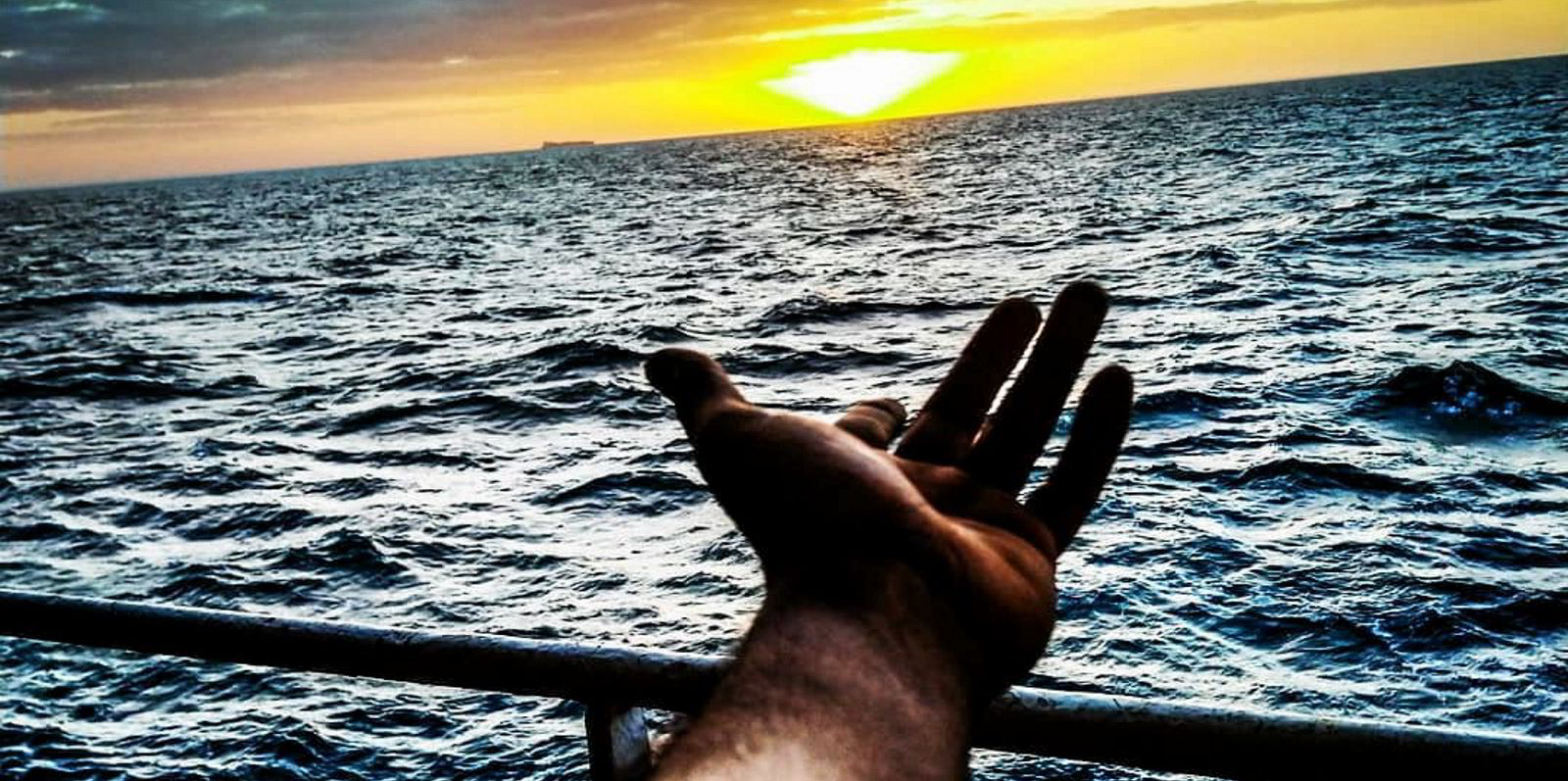International Maritime Organization secretary general Kitack Lim is urging caution as new figures show the number of crew unable to get home because of the pandemic has been cut in half.
There were an estimated 400,000 seafarers who could not return home because of the travel and quarantine restrictions at the height of the crew crisis in September.
By the beginning of this month, the IMO said the figure had fallen to about 200,000, with the same number waiting to join ships.
However, the United Nations body warned against complacency, saying "the crew crisis is far from over".
Lim urged more governments to recognise crew, who he said had worked "beyond the call of duty" as key workers, and to prioritise them for vaccination.
“Fewer than 60 countries so far have heeded our call for seafarers to be designated as key workers," he said.
"More countries need to do so if we are to resolve this crisis and ensure seafarers are treated fairly so that their travel to and from their place of work is properly facilitated. There is still a long way to go before we are back to a normal crew-change regime."
He said he wanted the industry to develop guidance on vaccine certification and protocols. He added that different vaccine approvals around the world could complicate the ongoing crew crisis.
“This is particularly important as any barriers to travel created by national vaccine protocols may further complicate an already difficult crew-change situation,” Lim said.
Lim's comments come amid industry concerns that the increase in Covid-19 variants could spark further travel restrictions on seafarers, leading to a worsening of the crew crisis.
There are additional worries that countries may apply their own vaccine conditions on seafarers. It was recently reported that China would only allow seafarers who had been vaccinated with its own Sinovac vaccine to enter the country.
International Transport Workers’ Federation general secretary Steve Cotton said: "Unless governments move from the protectionist positions that they’ve been in for over 12 months now and allow seafarers genuine free movement and prioritisation for vaccinations, sadly the situation could easily spiral out of control yet again.”






